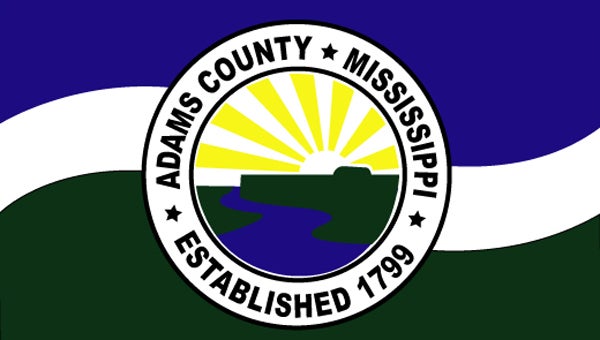Callon reports significant losses for 2008, blames low commodity prices
Published 12:51 am Sunday, March 15, 2009
NATCHEZ — At first glance the fourth quarter and 2008 year-end financial numbers released by Callon Petroleum last week can be startling.
But to get an accurate feel for what those numbers mean, Callon chairman and CEO Fred Callon said it is necessary to look deeper at the numbers.
The company reported a net loss of $438.9 million for 2008 or a loss of $20.68 per share. But Callon said the loss wasn’t in cash.
“It does not affect our cash flow,” he said of the loss. “It does affect our reported earnings.”
The loss was due in large part to an accounting regulation that requires oil and gas companies to revalue their reserves based on the commodity price at year-end. When Callon Petroleum took this step it resulted in a “non-cash charge” of $482.4 million.
Had the “non-cash” charge not been required, Callon Petroleum would have generated a before tax income of $40.7 million.
Callon said because of the significant drop in oil and natural gas prices near the end of 2008, the company took a large hit on their “book value.”
But Callon stressed that the formula used to determine value isn’t necessarily reality. He said the fact that the markets are ever changing is not a factor.
“The requirement assumes that oil and gas prices will stay at low levels,” Callon said.
In 2007, when commodity prices were much higher, Callon reported earnings of $15.2 million.
In addition to the “non-cash charge” a significant drop in production and sale of oil and gas during the final three months of 2008 also factored into the net loss.
The total sales for the fourth quarter of 2008 were $15.5 million, which was down from 2007’s fourth quarter sales of $43.9 million.
Production was also down in 2008’s final quarter when compared to 2007 numbers of the same time period. In the last quarter of 2007, Callon Petroleum produced 289,000 barrels of oil and 2.5 billion cubic feet of natural gas. In the last quarter of 2008, the company only produced 162,000 barrels of oil and 926 million cubic feet of natural gas.
Callon said two major factors caused the decrease in production. The first, he said, were two hurricanes, Gustav and Ike, that forced the evacuation and temporary shut down of Callon properties in the Gulf of Mexico. Damage caused by the storms to “third party transmission lines and down stream facilities which process Callon’s crude oil and natural gas” were the primary cause of production slow downs.
In a statement released by Callon Petroleum, the company said facilities were returned to production in mid-December, but the impact had already been felt.
Callon said the second factor causing the company’s production to fall was voluntary reductions in drilling.
“We have not been doing a lot of drilling in 2008,” he said. “We were spending time working on new projects of development and cut back on drilling to conserve cash in this environment.”
One development Callon spent a great deal of time on was the Entrada Field. Callon announced in November that exploration in the field was to be halted temporarily, but Fred Callon said no more drilling will be done at the field. With the lease on the field scheduled to end in June, Callon cited poor economic conditions as the reason for terminating their interests in the field.
But despite poor numbers for 2008, Callon said he was hopeful about the future of the company. He said the company has no major capital expenditures for 2009 and should be able to expand their production and reserves in that time.
One way Callon Petroleum plans to do that is through the acquisition of new “producing properties” which require little reinvestment on Callon Petroleum’s end.
“We feel that in times like this there are going to be times to acquire properties at attractive prices,” he said. “We are looking toward the future and acquiring property and building the company.”
Callon also said he doesn’t expect the commodity market price for oil and gas to remain as low as it currently is. He said the oil and gas runs in cycles, and he has experience in low cycles like the current one.
“We recognize that we are in a business that is cyclical in nature,” Fred Callon said. “If you can be careful in terms of managing your business through cycles, we’ll all make it through again. We tend not to panic and recognize that it will turn.”
But until the turn Callon expects to see happens, he said the company is being careful.
“Commodity prices will start to increase,” he said. “Whether that is in 12 or 8 months, that is difficult to tell in terms of oil.
“We are dealing with a commodity that is going to continue to be in demand and be in limited supply.”






